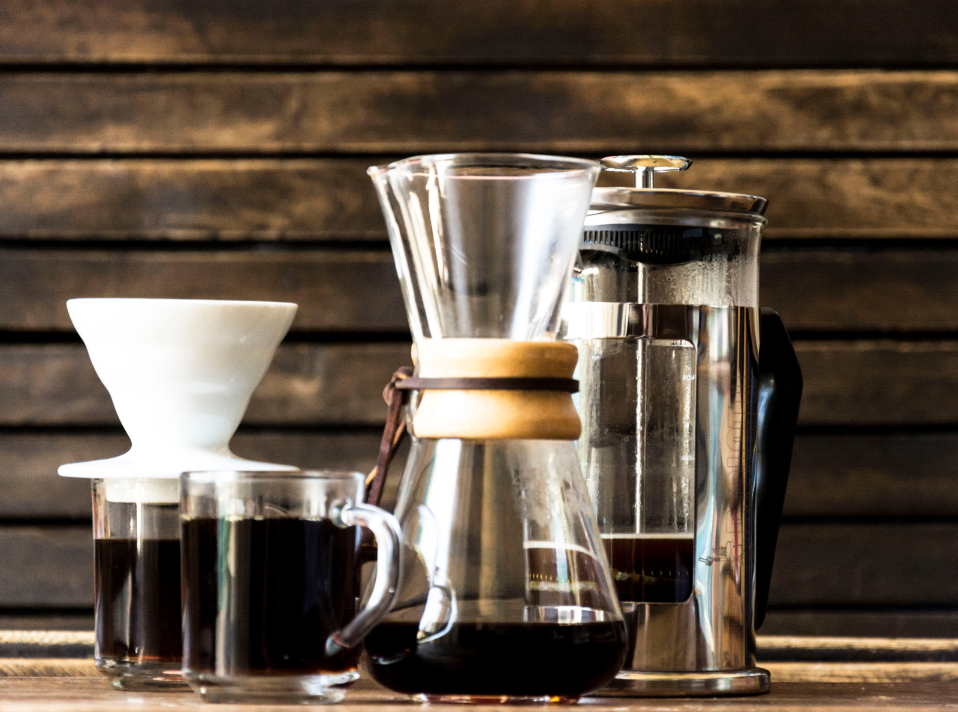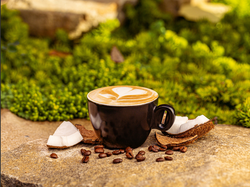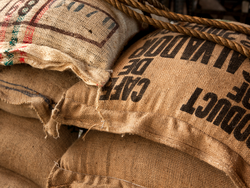
Does Filter Coffee Have Less Caffeine?
Embark on an enlightening journey into the world of coffee brewing, where we unravel a common question among coffee lovers: Is filter coffee lower in caffeine? This exploration aims to clarify misconceptions and provide insights into filter coffee caffeine content, as well as compare it with other brewing methods.
Unravelling the Caffeine Conundrum
The story of caffeine in coffee, especially in filter coffee, is layered and complex. A prevalent belief is that filter coffee might have lower caffeine content compared to methods like espresso. But how accurate is this belief?
Understanding Caffeine Extraction
Caffeine extraction in filter coffee is influenced by several factors, including water temperature, brewing time, and grind size. Compared to quicker methods like espresso, the longer brewing time of filter coffee typically allows for more extensive caffeine extraction, potentially leading to a higher caffeine content in your cup.
Comparing Caffeine Levels in Different Brewing Methods
The relationship between coffee brewing methods and caffeine content is complex. Each method, from the gentle pour-over to the intense espresso, uniquely impacts caffeine levels. Let’s compare:
Pour-Over Method
Pour-over coffee, known for its meticulous brewing process, often results in a moderately caffeinated cup. The controlled pour and interaction time between water and coffee grounds typically lead to more caffeine extraction than in espresso.
French Press Brewing
The French press method, with its longer steep time, generally yields a coffee higher in caffeine content. This immersion technique ensures thorough caffeine extraction from the coffee grounds.
Espresso Shots
Despite its robust flavour, espresso contains less caffeine per serving due to its small size. The rapid, high-pressure brewing process produces a concentrated shot but in a smaller quantity compared to filter coffee.
Filter Coffee
Considering these methods, filter coffee often finds its place in the middle to upper range of caffeine content. The filter brewing process, which involves hot water passing through coffee grounds, allows for substantial caffeine extraction but usually less than the French press and potentially more than an espresso, depending on the serving size.
Coffee Bean Varieties and Caffeine Content
When considering the caffeine content in coffee, the variety of the bean is as crucial as the brewing method:
Arabica vs. Robusta:
- Arabica Beans: Known for their smooth and aromatic flavour, Arabica beans contain less caffeine, making them a popular choice for filter coffee.
- Robusta Beans: These beans have almost double the caffeine content of Arabica, contributing to a stronger, more bitter flavour, often preferred in espresso.
Impact of Bean Variety on Brewing:
- The inherent caffeine qualities of the bean variety are affected by the brewing process.
- Factors like brewing duration and temperature can influence how much caffeine is extracted from Arabica or Robusta beans.
Factors Influencing Filter Coffee Caffeine Levels
The caffeine strength in filter coffee can be tailored through various factors, making it a versatile choice:
Grind Size:
- Finer grind: Leads to more surface area exposure and higher caffeine extraction.
- Coarser grind: Results in less caffeine extraction.
Water-to-Coffee Ratio:
- More water per ounce of coffee can dilute caffeine concentration.
- Less water results in a stronger, more caffeinated brew.
Type of Filter:
- Different filters (paper, metal, cloth) affect the extraction process.
- Some filters allow more oils and fine particles through, which can increase caffeine content.
By understanding and adjusting these elements, you can customise your filter coffee to align with your caffeine preferences and sensitivities.
Explore the Rich World of Coffee with Primo Caffe
Unravelling the complexities of caffeine in filter coffee leads to a simple truth: the perfect cup is deeply personal. It's not just about whether filter coffee has less caffeine; it's about how you craft each cup to your liking.
At Primo Caffe, we offer a world of choices for every coffee enthusiast. From aromatic Arabica to intense Robusta, our carefully curated selection of coffee beans is designed to suit your unique taste and brewing style. Discover the ideal blend for your morning ritual or an afternoon pick-me-up with Primo Caffe today.

